Financial Education
Credit score: top 10 questions answered
Do you ever wonder what your credit score is? Or how can you make it better? You're not alone! In this blog post, we'll answer some of the most common credit score questions!
Advertisement
Do you have questions about your credit score? We have the answers!
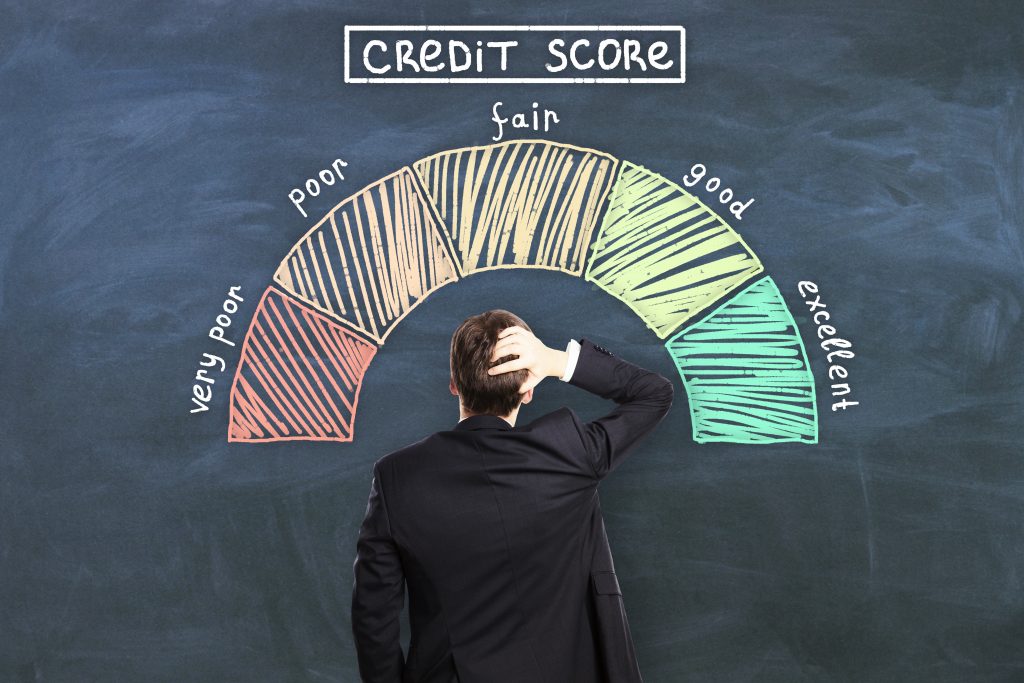
Have ou ever heard of credit score? Do you have credit score questions? Did you know that it is one of the most important numbers in your life?
That is correct! It can affect everything from your interest rate on a car loan to whether you can get approved for a new credit card.
So it’s important to understand what your credit score is and how to improve it if needed.

Checking accounts: pros and cons
Before deciding if a checking account is right for you, it's important to know the benefits, drawbacks and potential fees. Here are some checking account pros and cons!
In this post, we’ll answer some common credit score questions and provide tips on how to improve yours.
We hope this information will help you make informed decisions about your finances and keep your credit score in good shape!
You will be redirected to another website
You’ll receive messages for less than 1 week, with a maximum of 1 message per day. You can unsubscribe anytime by replying STOP. By submitting this form, I confirm that I am 18+ years old and agree to the Privacy Policy and Terms and Conditions. I also provide my signature, giving express consent to receive informational messages via automated emails, SMS, MMS text messages, and other forms of communication. Message frequency may vary as part of our good-faith effort to respond to your inquiry. Message and data rates may apply. Text STOP to cancel. I understand that my consent to receive communications is not a condition of purchase and that I may revoke my consent at any time.
Advertisement
Most common doubts about credit scores: here’s everything you need to know
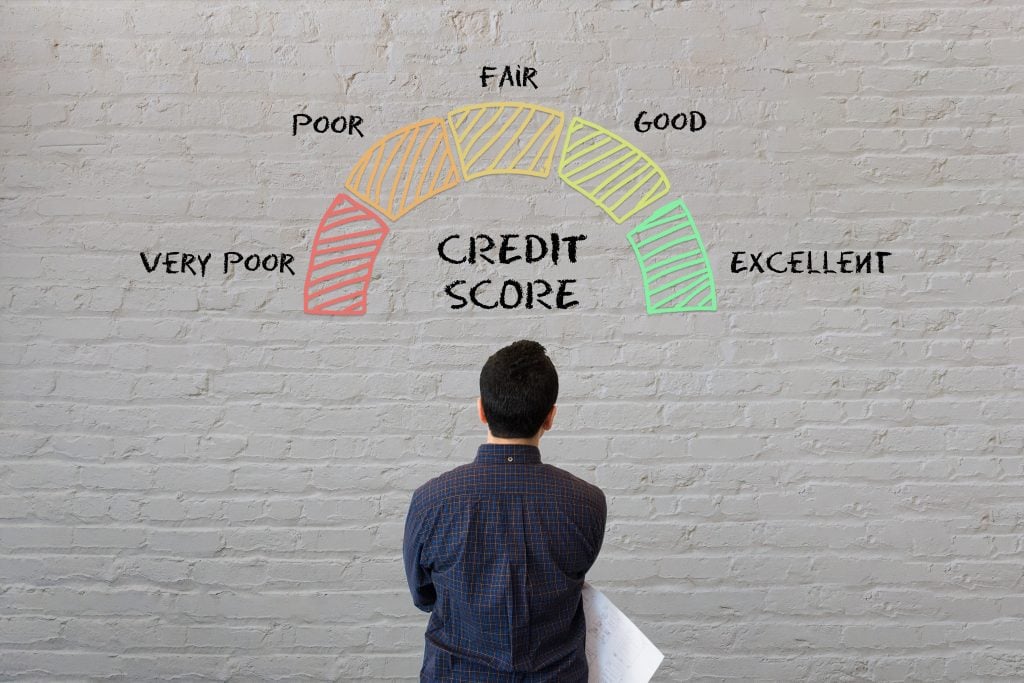
If you don’t know what a credit score is. You might not even know how to find and calculate yours, too! But that’s alright. We are here to help you!
That’s why we’ve put together this post – to answer some of your questions about credit scores and help you better understand what they are and how they work.
That said, let’s find the answers to the 10 most common questions people have about credit scores:
1. What is a credit score?
A credit score is a significant number (from 300-850) that shows how likely you are to repay a loan, for example.
It represents for lenders that the higher your credit score, the more likely you are to repay the loan on time.
So, it will help them to decide if they should consider giving you a loan.
Credit scores are also used by landlords, employers, credit card companies, insurers, and others.
Advertisement
2. How can I check my credit score?
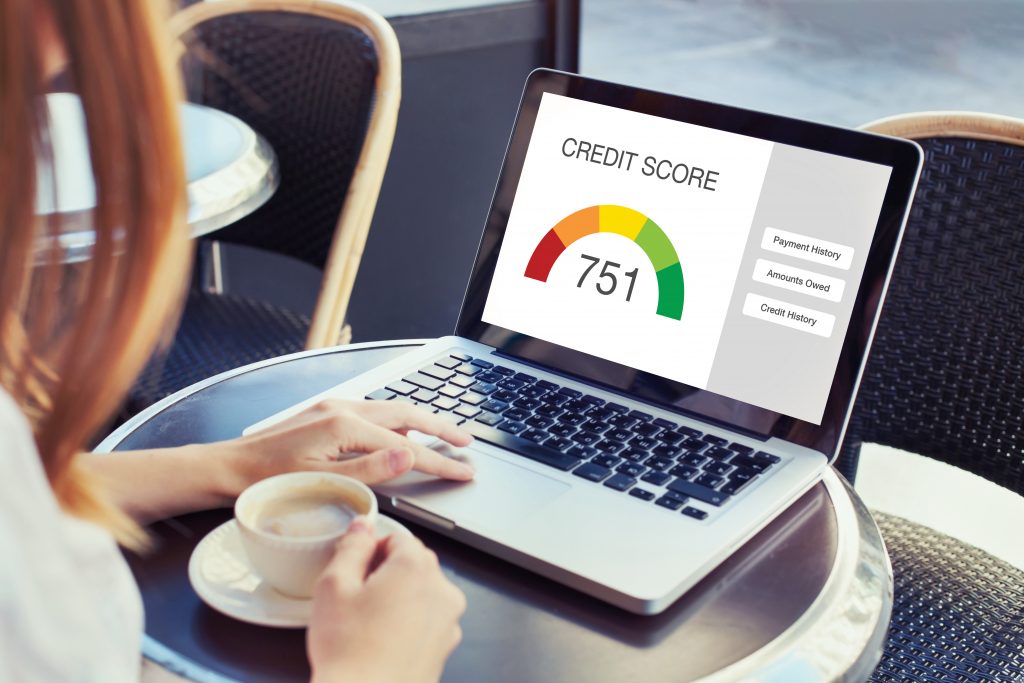
Checking your credit score is easy. We’ll show you two simple ways you can do it.
First, Credit Karma and Credit Sesame are two popular options that allow you to view your credit score for free.
Second, you can contact one of the three major credit bureaus – Equifax, Experian, or TransUnion – and request a copy of your credit report.
Finally, be sure to check your credit report for any errors or inaccuracies, as these can lead to a lower credit score.
Also, checking reports regularly can help you catch errors early and work to improve your credit score over time.
3. How can I calculate my score?
As mentioned before, credit scores range from 300 to 850. Have a look at what financial institutions consider poor, good, or excellent scores:
- Below 650: Poor
- 650-700: Good
- 700-850: Excellent
It is calculated from the information on your credit report, which is a credit history record. It includes details about your loans, credit cards, and other debts, such as:
Your payment history: the top 1 factor in your credit score. It includes information about whether you have made your payments on time.
Your credit utilization: the amount of debt you have compared to the amount of credit you have available.
A low credit utilization means you’re using a small amount of your available credit, which is good for your score. A high credit utilization means you’re using a large amount of your available credit.

Learn how to calculate your credit scores!
Understanding how your credit score will be calculated is the first step to increasing it. So, find out essential information about it and start improving your personal f
Advertisement
4. What happens if I have bad credit?
That’s probably one of the most common questions about credit score. Here’s the answer:
Credit scores exist to show how likely you are to repay a loan. So, the lower your score, the less creditworthy you are.
A low credit score could mean that you aren’t trusted to pay back a loan, which could drive to higher interest rates and a lower chance of being approved for a loan in the first place.
Also, your credit score number can be decisive in getting a job, renting an apartment, getting a credit card, or even buying insurance.
5. What can I do to improve my credit score?
In case you have bad credit, it is possible to reverse it. Start by paying your bills on time, maintaining a good credit history, and using a credit monitoring service. Follow these guides:
- Make payments on time: one of the most important is to do to rebuild your credit. Ensure to pay debts, such as mortgage or rent payments, as well as credit card and utility bills.
- Pay off your debts: another critical factor is the amount of debt you have. Credit scoring models will generally give you a better score if you have less debts.
- Maintain a good credit history: This means keeping accounts open for an extended time and using them responsibly.
These things might help you raise your score and make it easier to get approved for loans in the future.
Finally, remember that making a good credit score takes some time. So patience is the key!
6. What are the benefits of a good credit score?
A good credit score can have many benefits. For one, it can help you qualify for loans and lines of credit at lower interest rates. Then you’ll save money in the long term.
A good credit score can also help you qualify for rental agreements, cell phone contracts, and insurance policies.
In some cases, a good credit score will even lead to employment opportunities. Employers sometimes use credit scores as a way to screen job applicants.
So, working on your credit score is a good place to start if you’re looking to improve your financial situation.
7. Can a loan or a denied credit card affect my score?
Credit scores are essential for many reasons. They might have a role in things such as you borrowing money, getting a job, or even renting an apartment.
So it’s no wonder that people are often worried about what might happen to their score if they are denied a loan or credit card.
The good news is that, in most cases, having a loan or credit card denied will not significantly impact your credit score.
However, that could indirectly affect your score. For example, receiving negative responses for several loans or credit cards in a short period could lead to inquiries on your credit report.
If there are too many, that can negatively affect your score.
8. What are credit reports? What about three credit bureaus?
Credit reports are important tools that help lenders determine whether or not to extend credit to individuals and businesses.
They contain information about an individual’s or business’s credit history, including payment history, credit utilization, and outstanding debt.
Credit bureaus are companies that collect this information and sell it to lenders. There are three major credit bureaus in the United States: Equifax, Experian, and TransUnion.
Each has a particular method for calculating credit scores, so a person’s score may vary slightly from bureau to bureau.
Credit reports and scores are paramount to lenders’ decisions.
9. Why do I have zero or no credit score?
If you’ve never had a Credit score before, don’t worry – you’re not alone. In fact, millions of Americans have no Credit score at all.
There are many reasons for that. Firstly, you may simply not have enough credit history to generate a score yet. This is common among young adults who are just starting to build credit.
Secondly, you may have a limited credit history that doesn’t include any recent activity. This can happen if you’ve only ever had one Credit card and seldom use it.
Lastly, you may have a bad credit history dragging down your score. If you have any unpaid debts or collection accounts, this could be the reason.
10. What does it mean to have an average credit score?
An “average” credit score is anywhere from 650 to 700. You’re considered a low-risk borrower if you have a credit score in this range.
Having an average credit score is good because it means you’re on your way to good credit. To better understand where you stand, check your credit report and see where your score falls.
If it’s on the lower end of the spectrum, don’t worry – there are plenty of things you can do to improve it.
That’s a lot of information to take in, but it’s important stuff! Your credit score is one of the most important numbers you will ever know, so make sure you understand it and how to improve it.
By answering the 10 most common credit score questions people have,we hope this article has helped demystify credit scores for you and given you some ideas on how to improve yours.
If you have a bad credit score, make sure you read our post below about ways to improve it now!
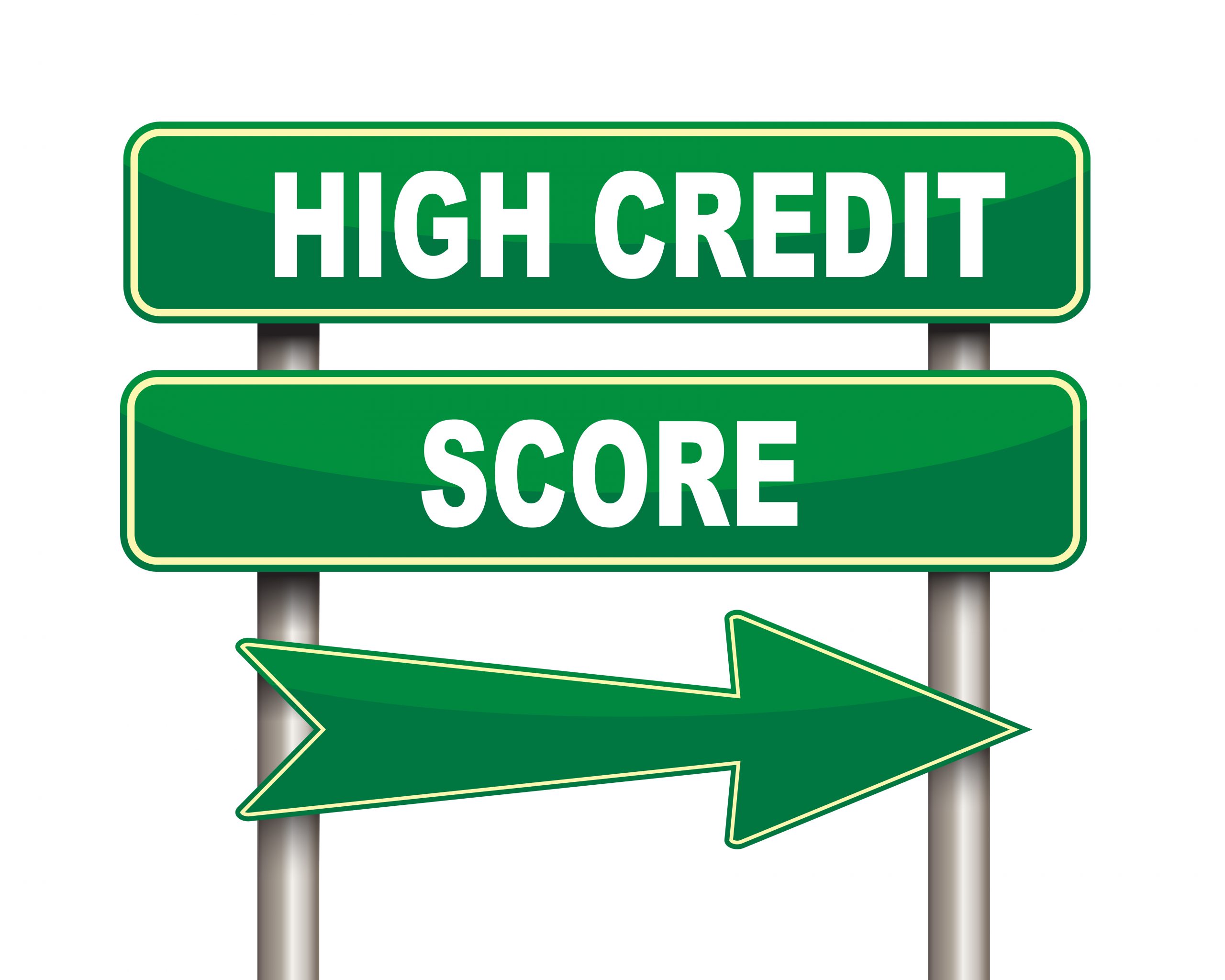
The easiest way to improve your credit score
Want to know the easiest way to improve your credit score? Check out our guide for the quick and easy steps you can take today!
Trending Topics
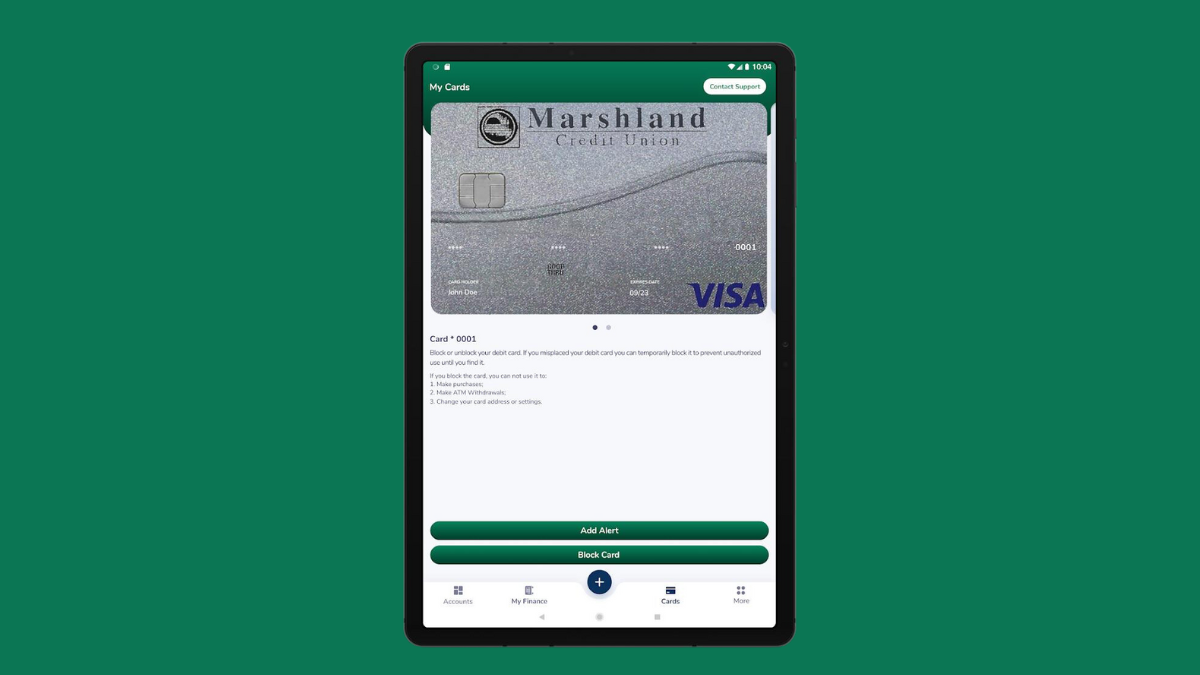
Enjoy $0 annual fee: Apply for Marshland Visa® Credit Card
Learn how to apply for Marshland Visa® Credit Card and get 1 point per $1 spent on all your purchases. Read on and find out the steps.
Keep Reading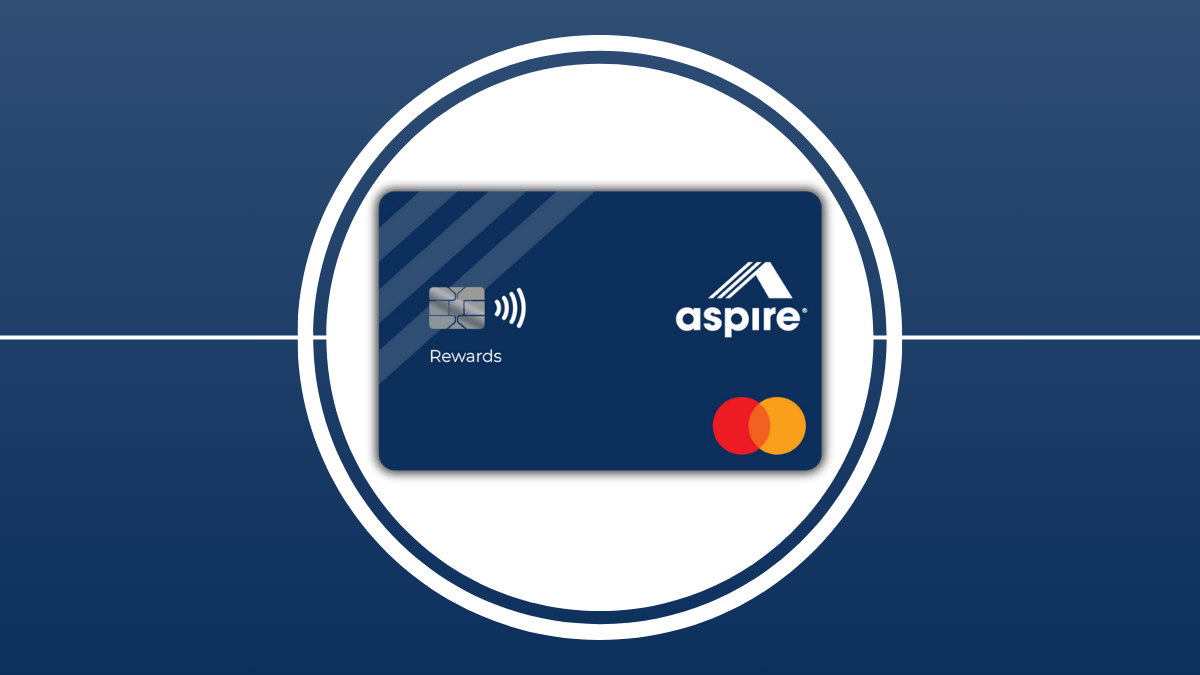
Aspire® Cash Back Rewards Mastercard application: how does it work?
Find a complete application guide to the Aspire® Cash Back Rewards Mastercard that will get you started right now. Keep reading!
Keep Reading
Federal Pell Grant: see how to apply
Find out if you're eligible to apply for the Federal Pell Grant. Ensure up to $7,395 to cover educational costs!
Keep ReadingYou may also like
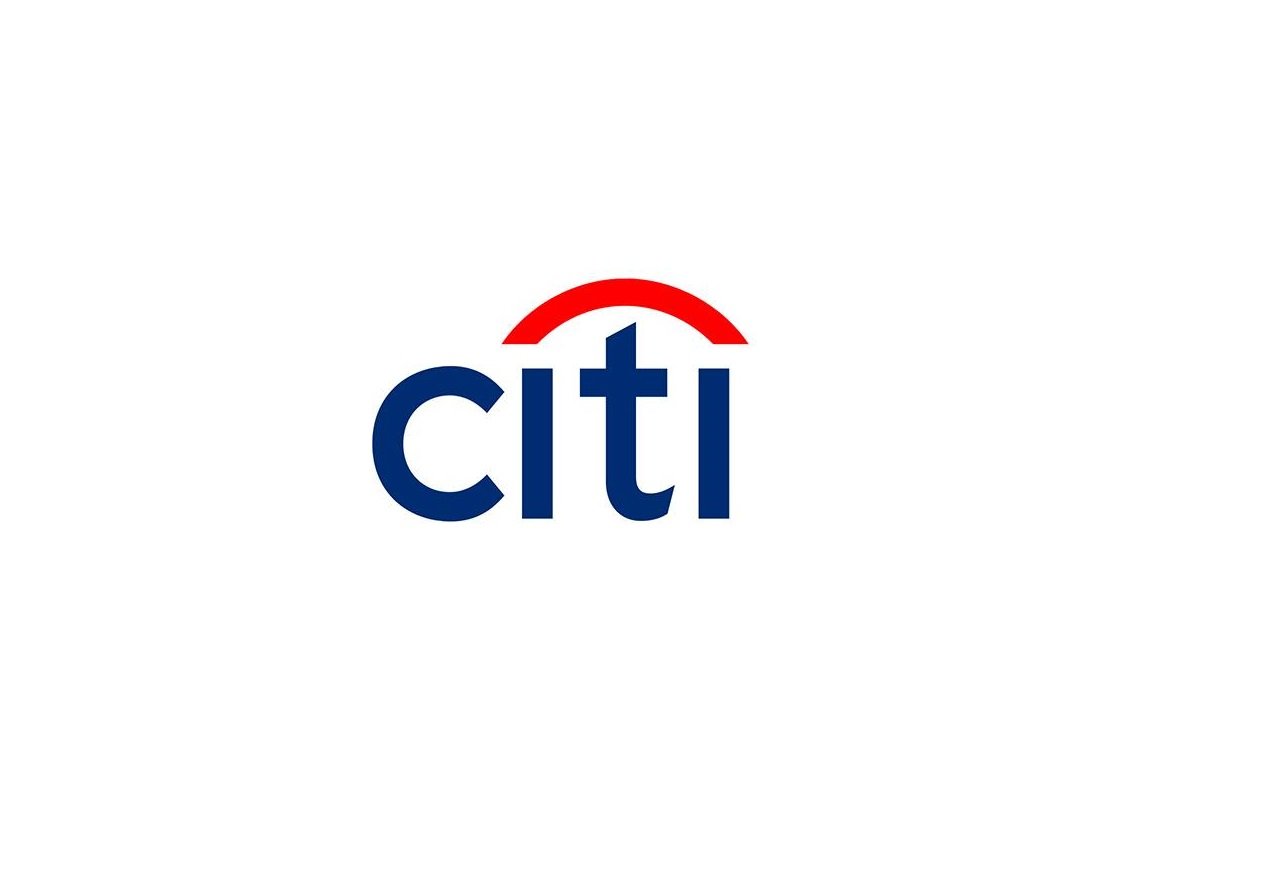
Costco Anywhere Visa® Business Card by Citi review
The Costco Anywhere Visa® Business Card by Citi review will help you decide if it's the right card for your business. Read on!
Keep Reading
Choose the best mortgage for your finances
Need help determining which mortgage is best for you? Check out our guide to help you choose your mortgage. Keep reading!
Keep Reading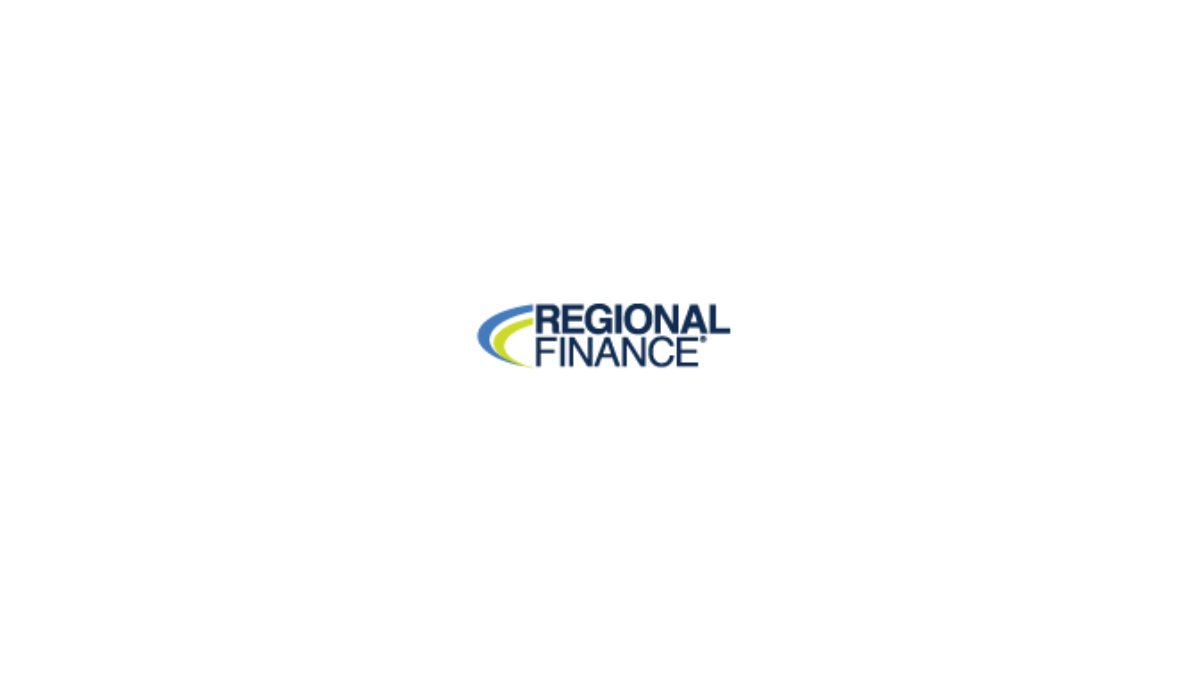
Learn to apply easily for the Regional Finance Personal Loans
Do you want to apply for the Regional Finance Personal Loans? You can get the best loan options here! So, read on to learn how to apply!
Keep Reading